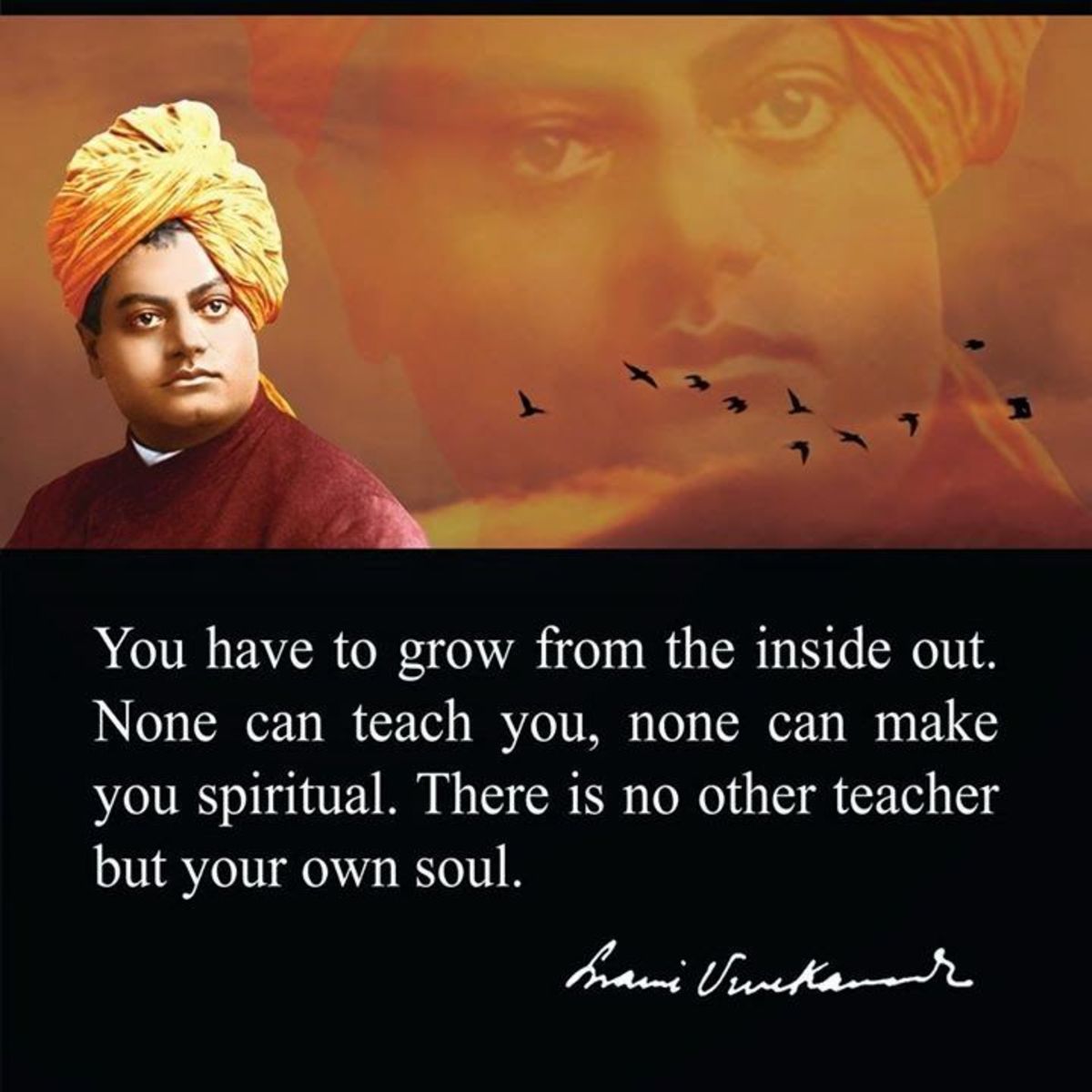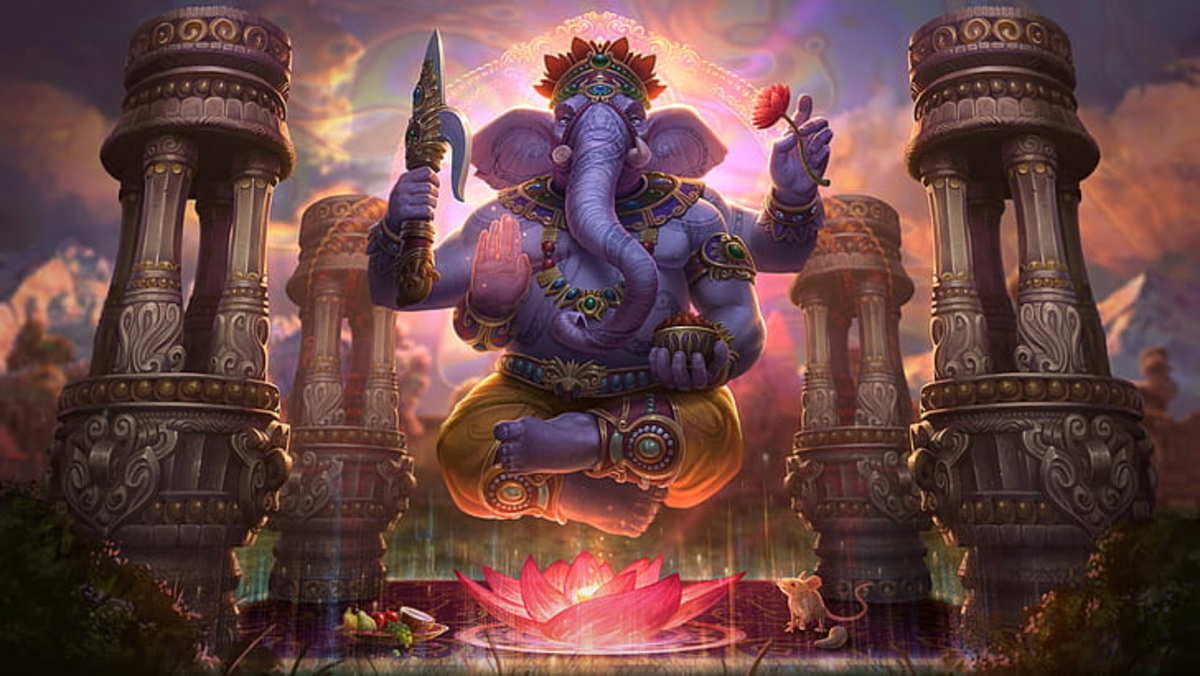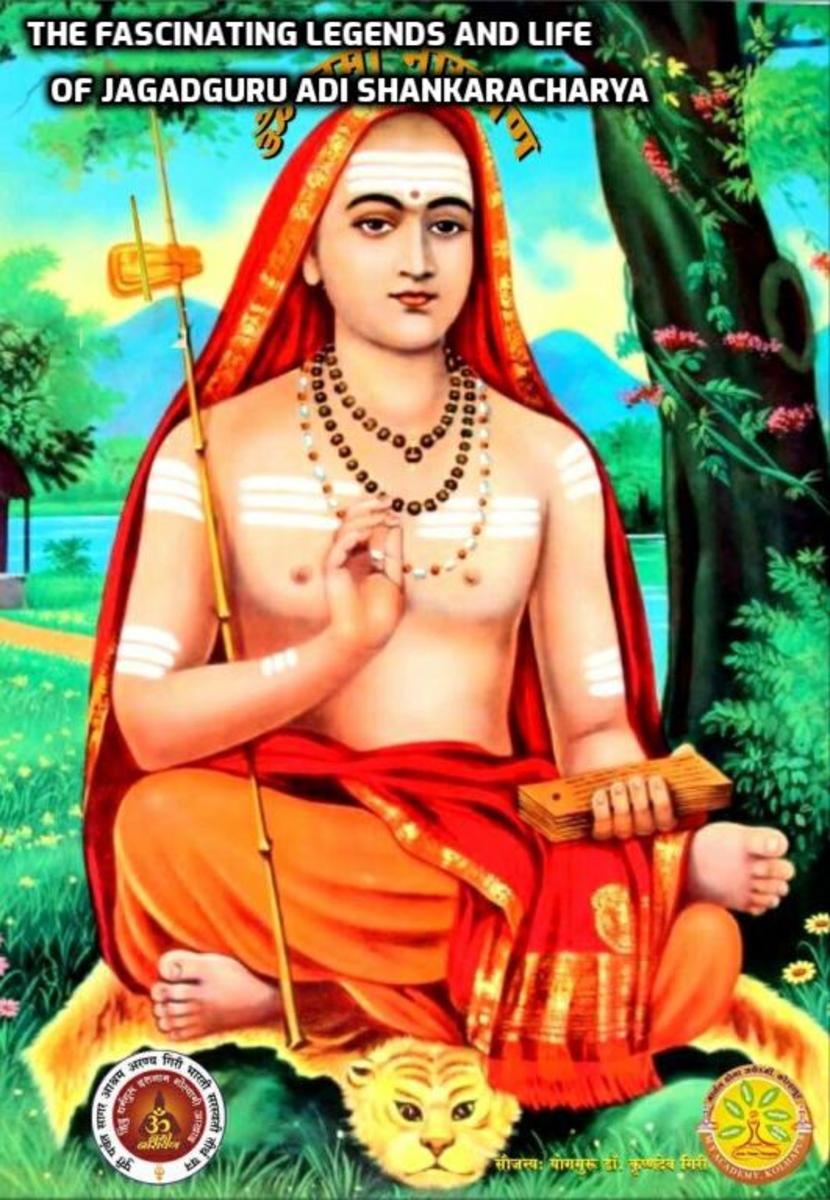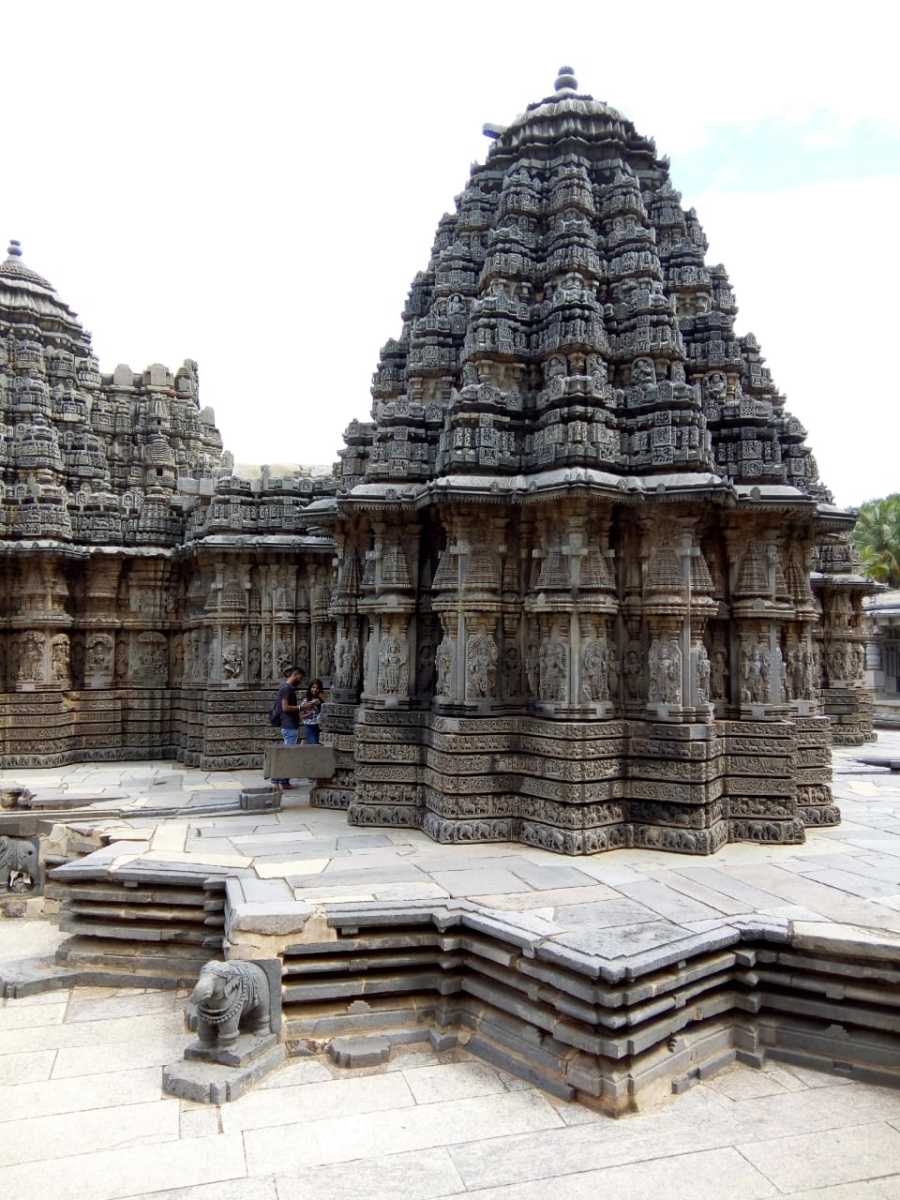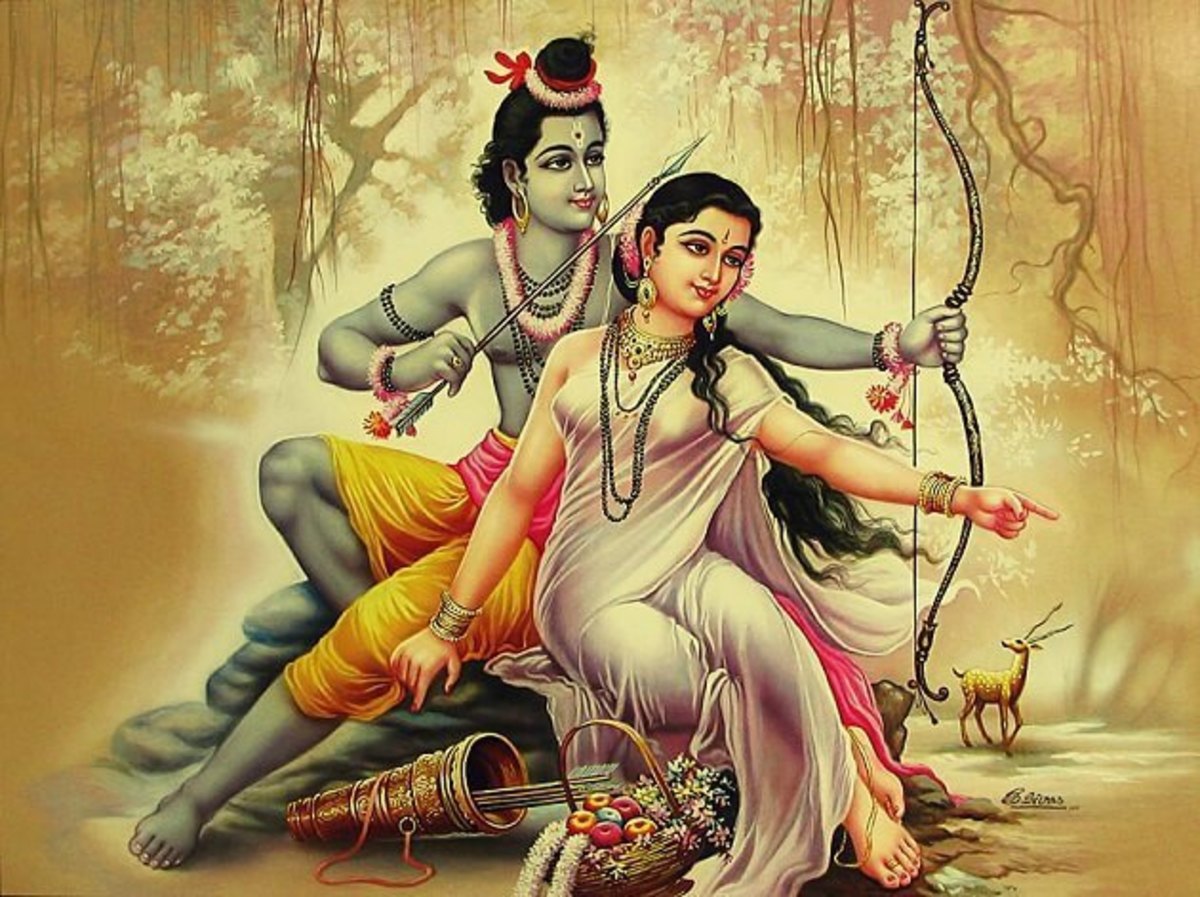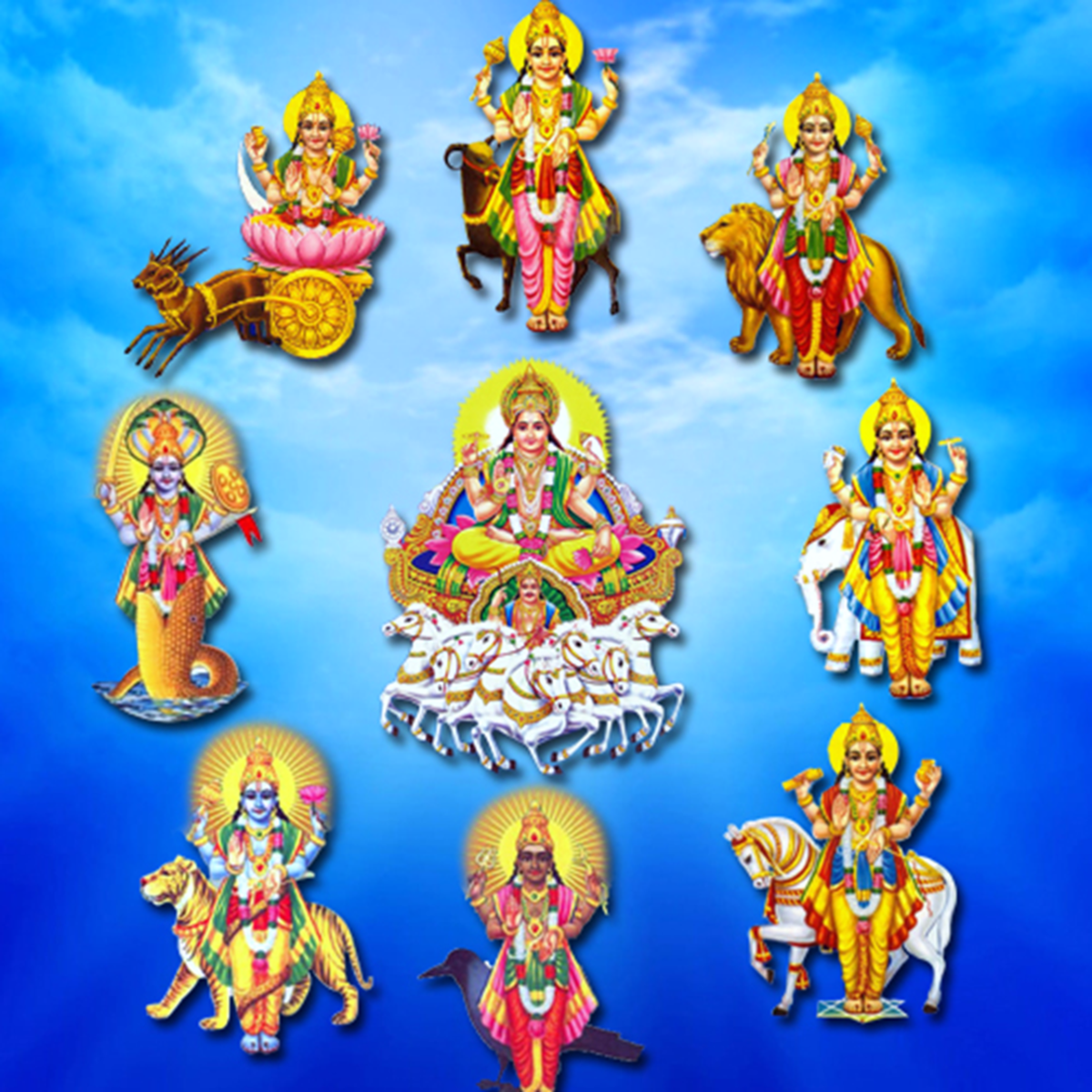Was There a Founder of Hinduism?

Hinduism Founder?
Hinduism did not have a single founder. With a religion like Christianity, one can reasonably point to an individual (Jesus Christ), and call him the “founder” of the religion. Hinduism, however, has no such central figurehead. Nor does it have central creeds or central leadership (such as a pope or a Baptist Convention). It is a conglomeration of philosophies, practices, and social realities which developed organically throughout South Asia for over 3000 years.
Although Hinduism had no single founder, there were a number of people who have profoundly influenced Hinduism over the centuries, shaping it to be what it is today. This page will discuss the most important of these.
Siddhartha Gautama (The Buddha)
Although Buddhism today is a religion separate from Hinduism, it did not begin this way. It began as a heterodox (that is, outside the “orthodoxy”) philosophy within Hinduism. I include it here because it had a tremendous impact on Hinduism in the days of its inception. Certain ideals presented by Buddhism and similar “unorthodox” Hindu philosophies at the time challenged the ingrained social and religious values of Hinduism to such an extent that Hinduism had to adapt and change considerably just to survive. Today, the continued exchange and interplay between Buddhist and Hindu cultures and philosophies continues to make for new growth and adaptation. And it all began with Siddhartha Gautama, otherwise known as the Buddha, meaning “The Awakened”. Some Hindu texts even consider the founder of Buddhism (that is, Buddha) to be divine, an incarnation of the god Vishnu.
Gautama, the story goes, was a prince from the foothills of modern Nepal, who lived sometime around 400 BCE. He lived a sheltered life in the palace, but something was missing. Gautama went on a journey outside the palace, where he saw four things that forever changed him: 1. An old man, 2. A diseased man, 3. A decaying corpse, and 4. A wandering ascetic. These sights impressed upon him the transience and suffering of life. Unable to return to the luxury and unreality of palace life, he became a renunciate.
After years of trying to unsuccessfully find peace through self-denial and deprivation, he reportedly sat down under the Bodhi tree, vowing not to get up again until he discovered the truth. After forty-nine days of sitting there in meditation, he achieved his enlightenment, at which point he became the first buddha (awakened one). The rest is history.

If you're enjoying my writing in this article, please take a moment to look at some of my short poems: click here. This opens in a new window, so you won't lose the article you're currently reading.


Patanjali
Patanjali is revered by many Hindus. His main contribution to Hinduism was the Yoga Sutras (that is, “Verses on Yoga”), which is the earliest surviving treatise on Yoga. The type of Yoga described in the Yoga Sutras is Raja (royal) Yoga, and is one of many types of Yoga. It is an ethical and contemplative/meditative system of practice designed to “end the turnings of thought”. Yoga has a profound influence within Hinduism even to this day. We have little factual information on the life of Patanjali himself. He most likely lived sometime between 150 BCE and 250 CE.

- Why I Don't Believe that Hell is Eternal
Did you know that, upon close examination, the Christian Bible does not teach that hell lasts forever?

- The Advaita Vednta Home Page
Read about Sankara and Advaita Philosophy
Sankara (or “Shankara”)
According to Introducing Hinduism, by Hillary Rodrigues, Sankara (pronounced SHUHN-kuh-ruh) is likely the most honored philosopher within the Hindu tradition. Because his life story has largely become the stuff of legend, it is hard to say how accurate certain details are. We are unsure of exactly when he was born, though it was probably in the eighth or ninth century BCE. He was a Brahmin (member of the priestly caste) who chose a life of renunciation, never marrying. Instead, he wandered throughout India engaging other philosophers in discussion and debate.
Sankara is said to be the founder of the monastic (matha) system within Hinduism. Not only did his monasteries provide one path for renunciation in Hindu life, but Sankara’s four primary monasteries still endure, and are major centers of learning and Hindu thought. The leaders of these monasteries are called Sankaracaryas in his honor, and have considerable influence over modern Hindu belief and practice.
Sankara wrote extensive commentaries on the principal Upanishads (some of the most important Hindu scriptures). In fact, Sankara’s commentary upon any given Upanishad contributes towards that Upanishad being classified as a “principle” Upanishad, setting it apart from the many other Upanishads.
Sankara founded the Hindu philosophy of radical non-dualism, or “Advaita Vedanta”. This is one of several competing philosophical positions within Hinduism, and states that Absolute Reality (that is, “Brahman”) is the only thing that exists, and is utterly indivisible into parts or qualities. Thus, all things, including the individual Self (Atman) are Brahman, and the only reason we perceive there to be many things is because of ignorance (Maya), which ultimately, is also Brahman.

- Hinduism: Holy Book of Hinduism? (Hinduism Facts Series)
Hinduism: Holy Book of Hinduism? Do Hindus use one holy book, or many, and what's in them? Do they consider them divinely inspired?

Vardhamana Mahavira (The Jina)
Jainism, another important religion of modern times, began much like Buddhism: as a heterodox philosophical sect of Hinduism. Its founder was Vardhamana Mahivira, a prince from a northern Indian kingdom, who lived sometime between 600 and 450 BCE. He became a renunciate, and was known to his followers as the Jina (Conqueror). Thus, his followers are called Jains. Two important principles taught by Mahavira were complete renunciation (his early followers didn’t even wear clothes) and complete non-violence (his followers are careful to avoid killing even insects). These two principles have had a great impact on Hinduism, despite the fact the Jainism split off into its own religion.
Valmiki
Valmiki is the poet credited with writing the Ramayana , an adventure story of mythical proportions. He wrote this in Sanskrit, in the format of epic poetry. Little is known about Valmiki. Some estimate that he lived around the fourth century BCE. R. K. Narayan, however, in his translation of the Ramayana, says that he probably wrote the Ramayana around the beginning of the Christian era. In any case, the Ramayana is, and for centuries has been, a story universally known and loved by Hindus all over the world. It is one of the most important mythical accounts in the Hindu tradition.
Vyasa
Vyasa is the poet credited with writing the epic poem Mahabharata sometime between 200 BCE and 200 CE. This is one of the world’s longest books (five times longer than Homer’s Iliad and Odyssey combined). Most importantly, one section of this epic poem is called the Bhagavad Gita, which undoubtedly stands on its own as one of the most important and revered books to Hindus worldwide.
Conclusion
So there is no single Hinduism "founder". These are just a few of the people who influenced Hinduism in major ways over the years. The list is by no means exhaustive, for in order to be so, it would probably take up several volumes of books. I find that to be one of the beautiful things about Hinduism. It is not the creation of just one person, or even a few people, but hundreds or thousands of people, over thousands of years. It is truly vast and complex enough to stagger the imagination.
- Link: Is Hinduism Monotheistic or Polytheistic?
I discuss monotheistic, polytheistic, monistic, pantheistic, and panentheistic trends in Hinduism.





